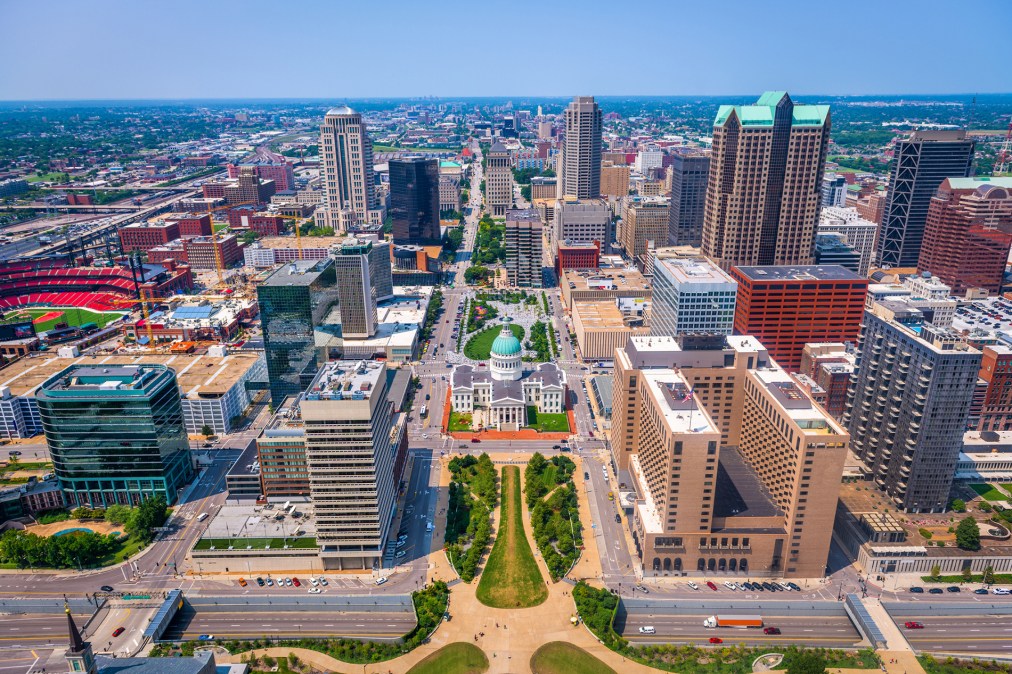DHS, St. Louis partner on ‘smart city’ pilot for public safety

St. Louis and the U.S. Department of Homeland Security will pilot a slew of sensor-based technologies designed to improve situational awareness and response for first responders, DHS’s Science and Technology Directorate announced this week.
The Smart Cities Interoperability Reference Architecture pilot, or SCIRA, will test prototypes of systems using video cameras, environmental sensors and in-building Bluetooth beacons in and around St. Louis’s downtown technology innovation center beginning October and end with live demonstrations in December, S&T program manager Norman Speicher said on Wednesday.
The idea, Speicher said, is for DHS to create a best-practices guide for municipalities of all sizes that are interested in using “smart city” technology from different manufacturers. Often, Speicher said, sensors made by one company may not integrate well with those made by another, and cities deserve the opportunity to switch vendors easily.
“Historically, the first-responder industry, like many, has a lot of 800-pound gorillas,” Speicher told StateScoop. “They may offer a suite of capabilities, but they don’t play well with others.”
The pilot is expected to offer solutions to cities that are at the mercy of those manufacturers. Technologies will include those involved in assisting with flooding, structure fires and outreach to vulnerable populations.
“You’re talking about a pretty wide variety of technologies,” Speicher said. “We’re not talking about a single standard by any regard — there are communications standards, data standards and many different elements there. What we’re providing is guidance and a best practice that can be validated and replicated for any size of municipality.
He added that St. Louis is expected to benefit operationally from the pilot.
“They’re not interested in the architecture,” Speicher said. “They’re interested in investment protection, allowing them to swap in and out of camera providers or whatever the particular capability would be.”
The Open Geospatial Consortium, an international geospatial standards network, will be the lead technology partner of St. Louis and DHS throughout the pilot.
Speicher said that his agency also considered Virginia Beach as a potential partner city, but that St. Louis’ timeline matched better with DHS’. Stakeholders involved in the pilot will see tabletop examinations of the technology in October, while first responders will use the technology in December to enhance computer-aided dispatch, in-building navigation and dynamic route-planning, among other systems.






